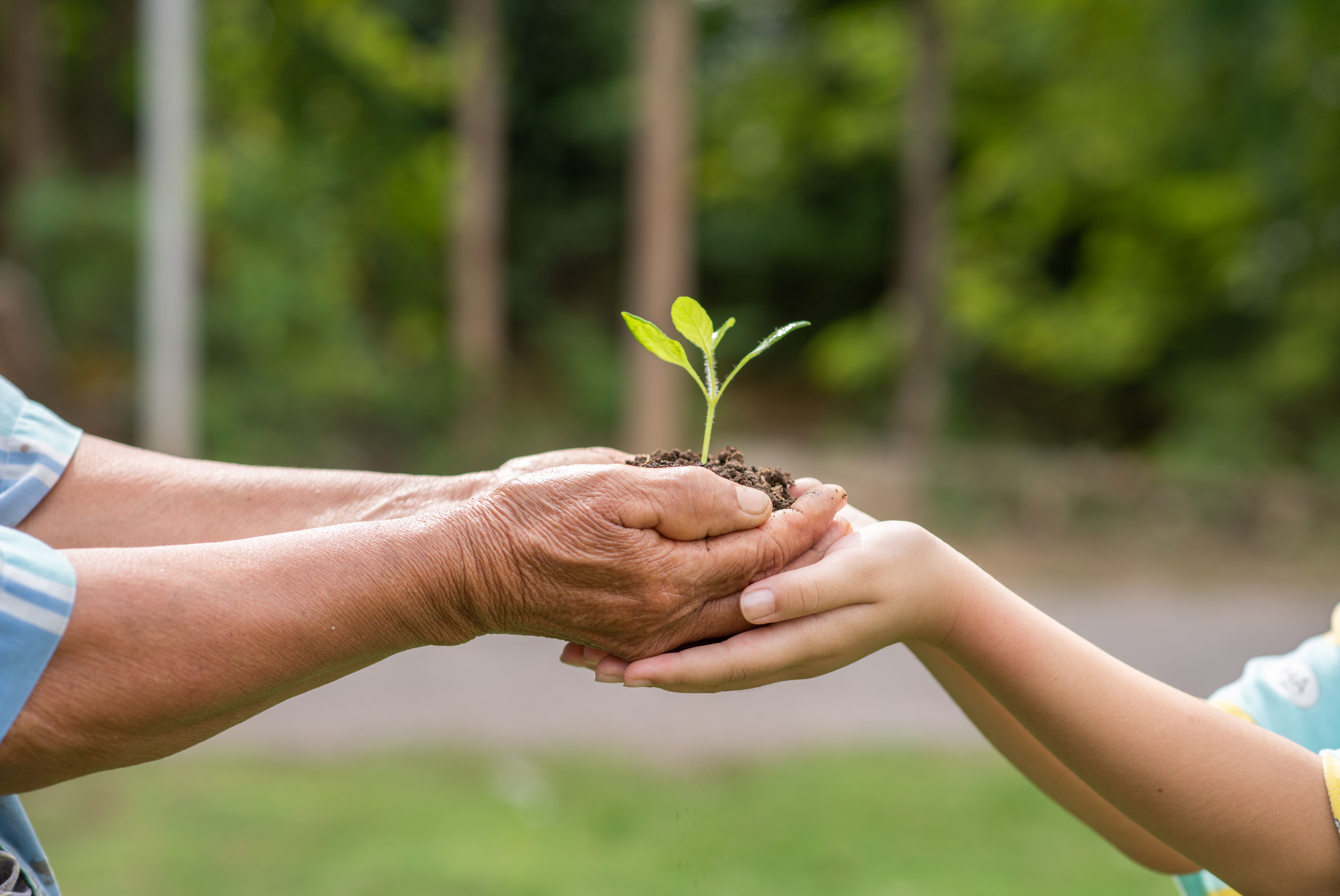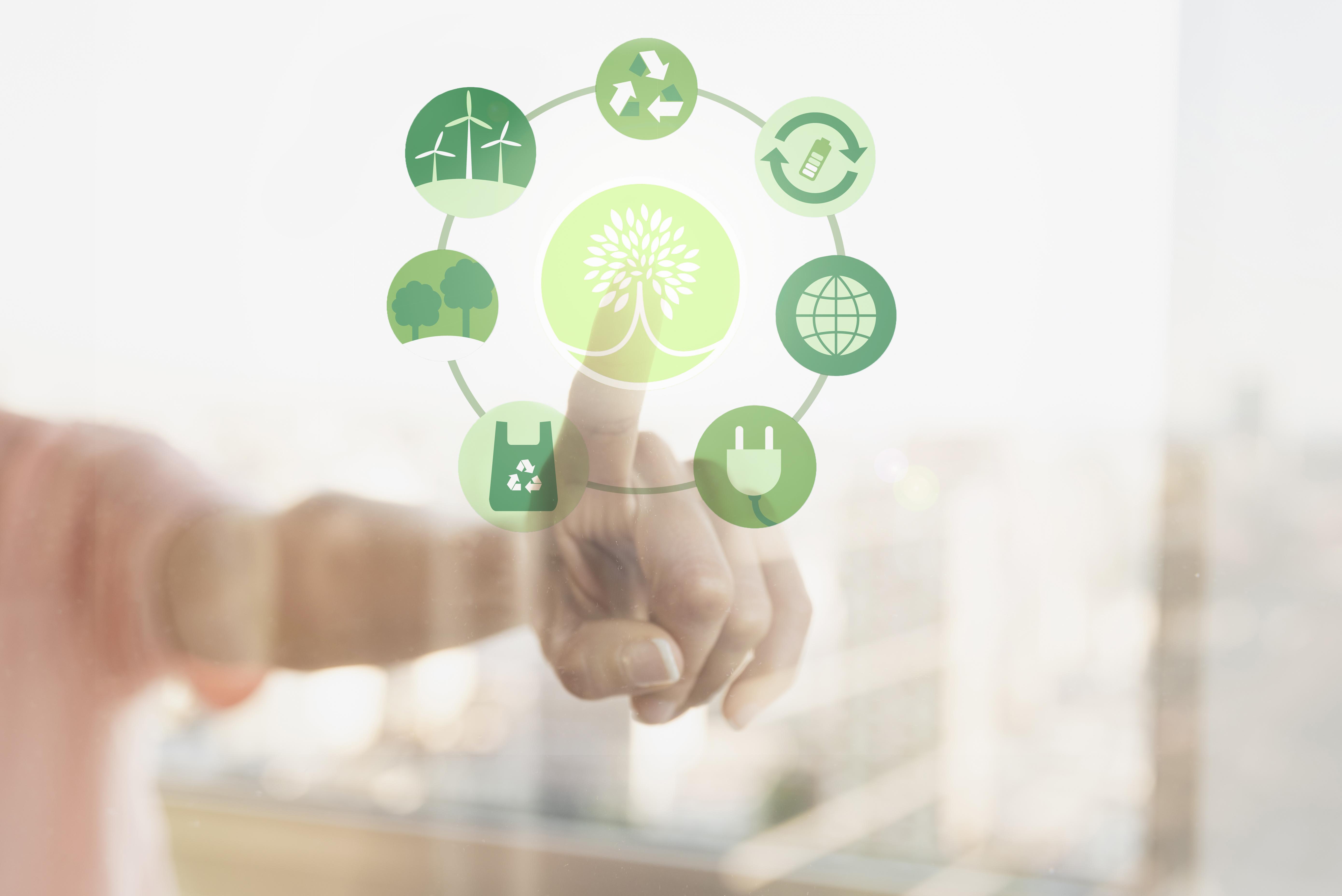Sustainable Development: Is Mauritius Walking The Talk?
Appavoo Corporate Services LtdAlwyna Juttun

In today’s era, sustainability has become a pressing topic for all types of organisations in the world. The world has now understood the importance of not being harmful to the environment or depleting natural resources and thereby supporting long-term ecological, social, and governmental balance. A vital mission long-neglected, sustainability is today an important economic prerogative.
THE UN 17 SUSTAINABLE DEVELOPMENT GOALS (SDG)

In 2015, the 2030 Agenda for Sustainable Development comprising the 17 Sustainable Development Goals (SDGs) was adopted by all United Nations (UN) Member States, including Mauritius. This has set out a transformative plan of action and established a global partnership towards Sustainable Development.
ENVIRONMENTAL, SOCIAL AND CORPORATE GOVERNANCE (ESG) BUSINESS METRICS
Integration of sustainable business practices in all areas has now become of paramount significance to guarantee an organisation’s existence and reputation. Business stakeholders now refer to the term ‘ESG’ which is an acronym for ‘Environmental, Social and Corporate Governance’. These are key business metrics which are being used by socially conscious stakeholders to measure the positive and negative impact of an organisation in terms of sustainability.
MAURITIUS AT THE CROSS-ROAD
At the corporate level in Mauritius, there has been increasing awareness since the past decade to include the sustainability variable in the corporate equation. The island is among one of the first in the world to have made it mandatory for profit making organisations to devote 2% of their profits to Corporate Social Responsibility (CSR) activities since 2009 with a view to promote more sustainable development.
Since the creation of the World Business Council for Sustainable Development (WBCSD) at the Rio Earth Summit in 1992, a number of stakeholders of the Mauritian business community have acknowledged their responsibility to contribute to economic, environmental and social issues through systematic public reporting on their environmental and social performance, together with economic performance. However, the adoption of sustainable strategies by corporates is still considered a secondary issue.
A range of corporate guidelines such as the UN Global Compact principles and the indicators of the Global Reporting Initiative (GRI) have proposed several comprehensive lists of corporate roles and responsibilities covering economic, social and environmental aspects. These have made their way into the Mauritian business community which is starting to adhere to these guidelines. Up to now, some 23 companies operating in diverse sectors ranging from financial services to travel and leisure, agriculture and tourism amongst others have registered as participants of the UN Global Compact.

THE NEW PARADIGM FOR SUSTAINABILITY
Mauritius has recently launched a sustainability index known as ‘SEMSI’, (the ‘Stock of Exchange of Mauritius’ (SEM) Sustainability Index’) in 2015, thus becoming the second Exchange in sub-Saharan Africa to do so. The SEMSI provides a robust measure of listed companies against a set of internationally aligned and locally relevant environmental, social and governance (ESG) criteria. It offers a useful tool for domestic and international investors with an appetite for responsible investment in frontier markets to consider SEMSI sustainable companies as potential investible companies. The SEMSI criteria of eligibility are based on the GRI Guidelines and are aligned with international ESG and related sustainability issues, while also taking local imperatives into account.
In line with the principles of sustainability, the Bank of Mauritius (BOM) has been involved in the development of a Green Finance framework through the issuance of Sustainable Bonds. These are financial instruments aimed at supporting sustainable development by raising capital to finance or re-finance green or social or sustainability-linked projects.
Commercial banks in Mauritius namely the Mauritius Commercial Bank (MCB) and the State Bank of Mauritius (SBM) as well as other private sector operators have partnered with SUNREF, the “green finance” label of the Agence Française de Développement (AFD) to foster green and inclusive growth, whilst enhancing the resilience of the country to the adverse impacts of climate change through green lines of credit.
The way is still long ahead but Mauritius can no longer wait. Now that the island has been classified as one of the most vulnerable Island in terms of ecological degradation, it has become a national task for both government and the private sector to devise strategies which would see an early and seamless adoption of sustainable objectives.
At HLB Mauritius, we have a dedicated team which provides Sustainability, ESG and CSR advisory services in collaboration with our foreign experts.
Contact us at corporate@hlb-mauritius.com or on +(230) 203 3900 and we’ll take care of the rest.






